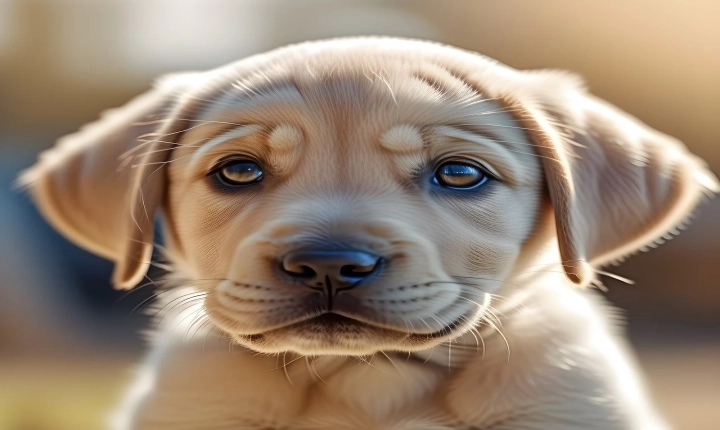Can PSD be Converted to AI?
In the world of digital design, two popular file formats that are often used are PSD (Photoshop Document) and AI (Adobe Illustrator). Both formats have their pros and cons, and designers often find themselves needing to convert files from one format to the other. One common question that arises is whether PSD files can be converted to AI.
The quick answer is yes, PSD files can indeed be converted to AI format. However, the process of conversion may not always be as straightforward as simply changing the file extension. PSD and AI files store information in different ways, and the conversion process may involve some level of reworking and adjustment.
When converting a PSD file to AI, it’s important to consider the differences between the two file formats. PSD files are raster-based, meaning that they store images as a collection of pixels. On the other hand, AI files are vector-based, storing images as a collection of paths and shapes. This fundamental difference means that when converting from PSD to AI, the rasterized components of the PSD file need to be redrawn as vector-based objects in the AI file.
There are a few methods that can be used to convert PSD files to AI. One common approach is to open the PSD file in Adobe Illustrator and manually trace or redraw the raster elements as vector shapes. This method allows for the most control and precision over the conversion process, but it can be time-consuming, especially for complex designs.
Another method is to use an automated conversion tool or plugin. There are several third-party software tools and plugins available that claim to be able to convert PSD files to AI format. While these tools may be convenient and can save time, they may not always deliver the best results, especially for intricate designs or artwork with complex layers and effects.
When converting PSD files to AI, it’s important to consider the impact on the quality and fidelity of the design. Some elements of the original PSD file, such as layer styles, blending modes, and filters, may not translate perfectly into the AI format. Careful consideration and adjustment may be required to ensure that the converted AI file accurately represents the original design.
Additionally, when converting PSD files to AI, the designer should be mindful of any licensing restrictions or copyright considerations. It’s important to ensure that the conversion and use of the design elements comply with the terms of any applicable licenses or copyrights.
In conclusion, while PSD files can be converted to AI format, the process may require careful attention to detail and some level of manual adjustment. Designers should weigh the benefits and drawbacks of different conversion methods and consider the impact on the quality and fidelity of the design. As with any file format conversion, it’s important to approach the process with care and consideration for the original design intent.
